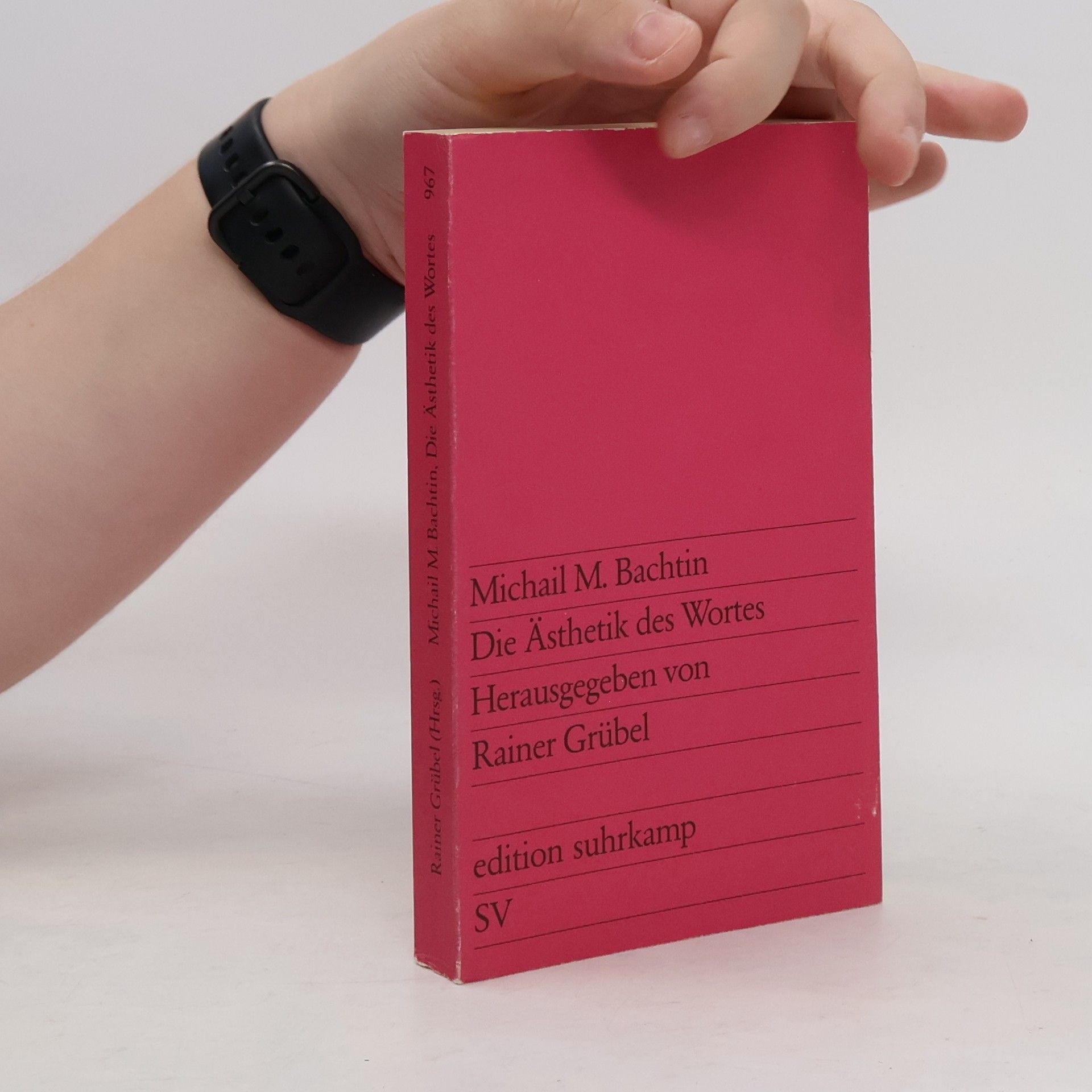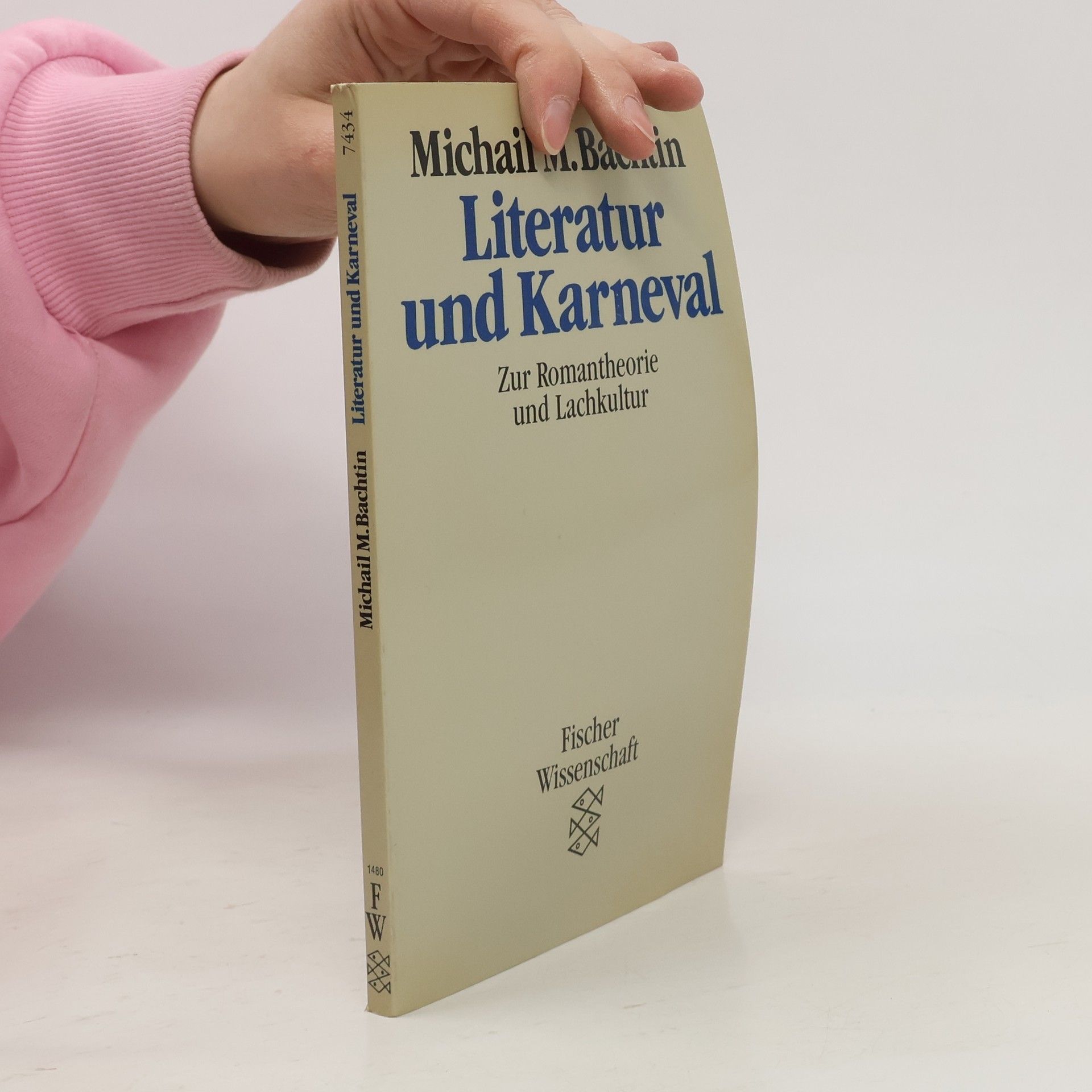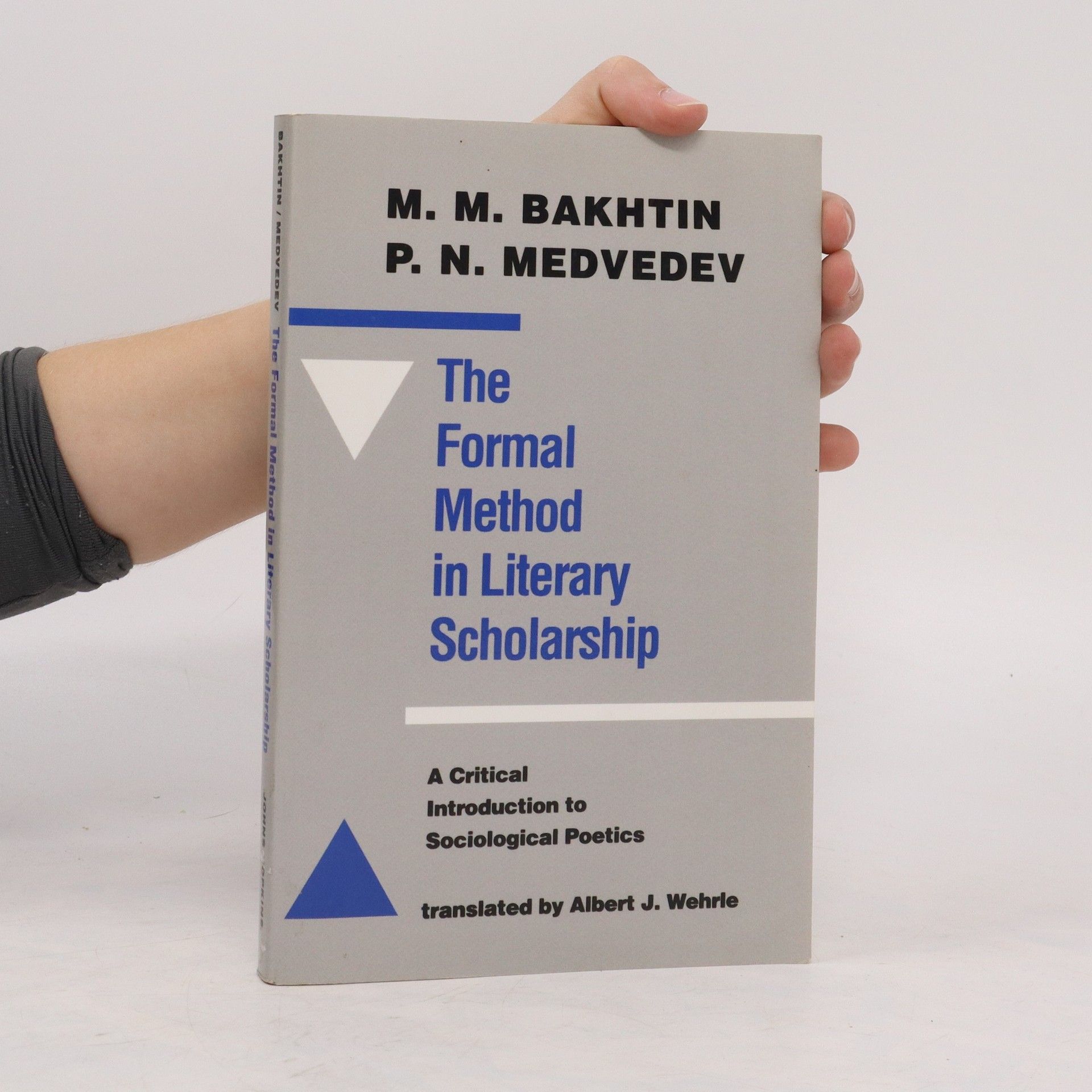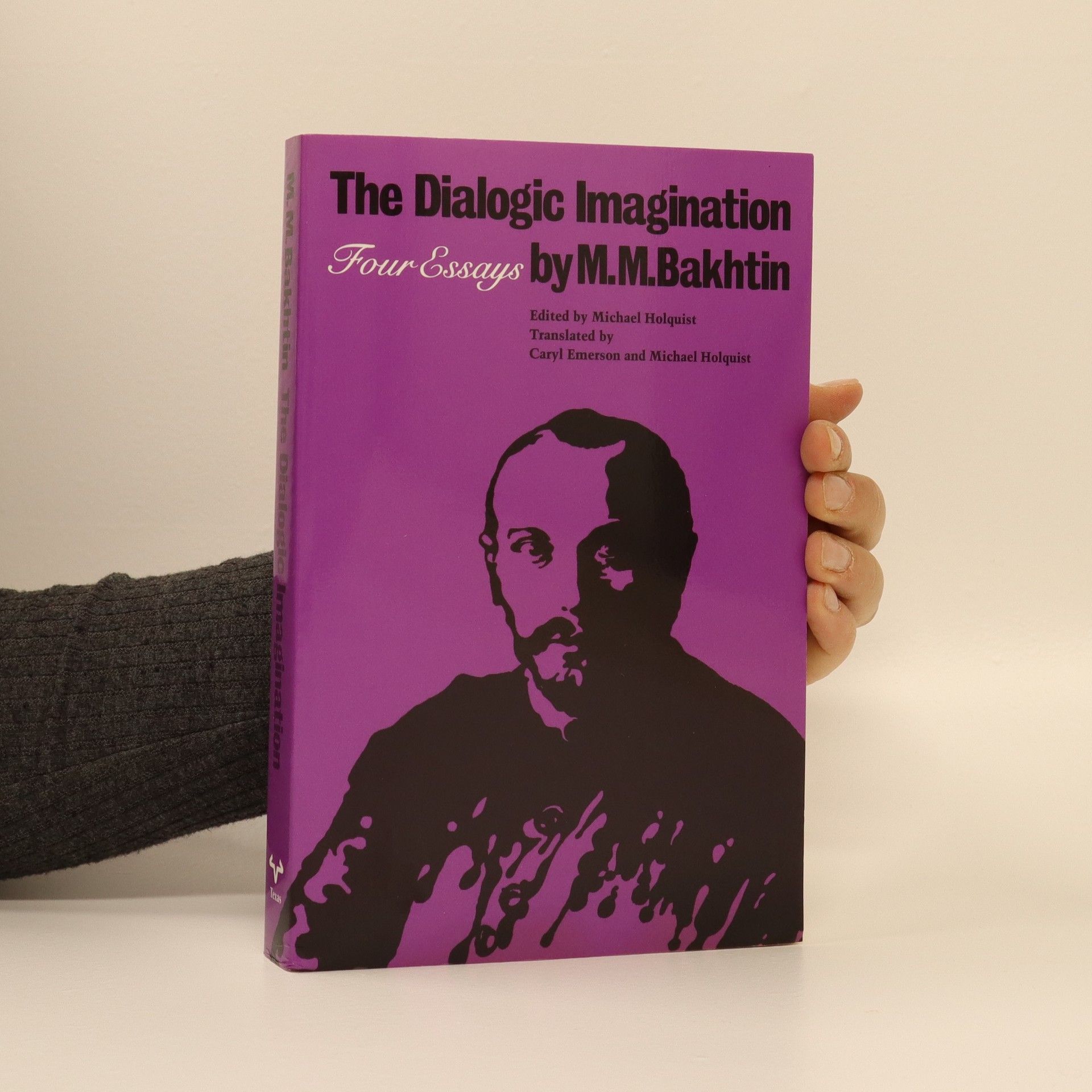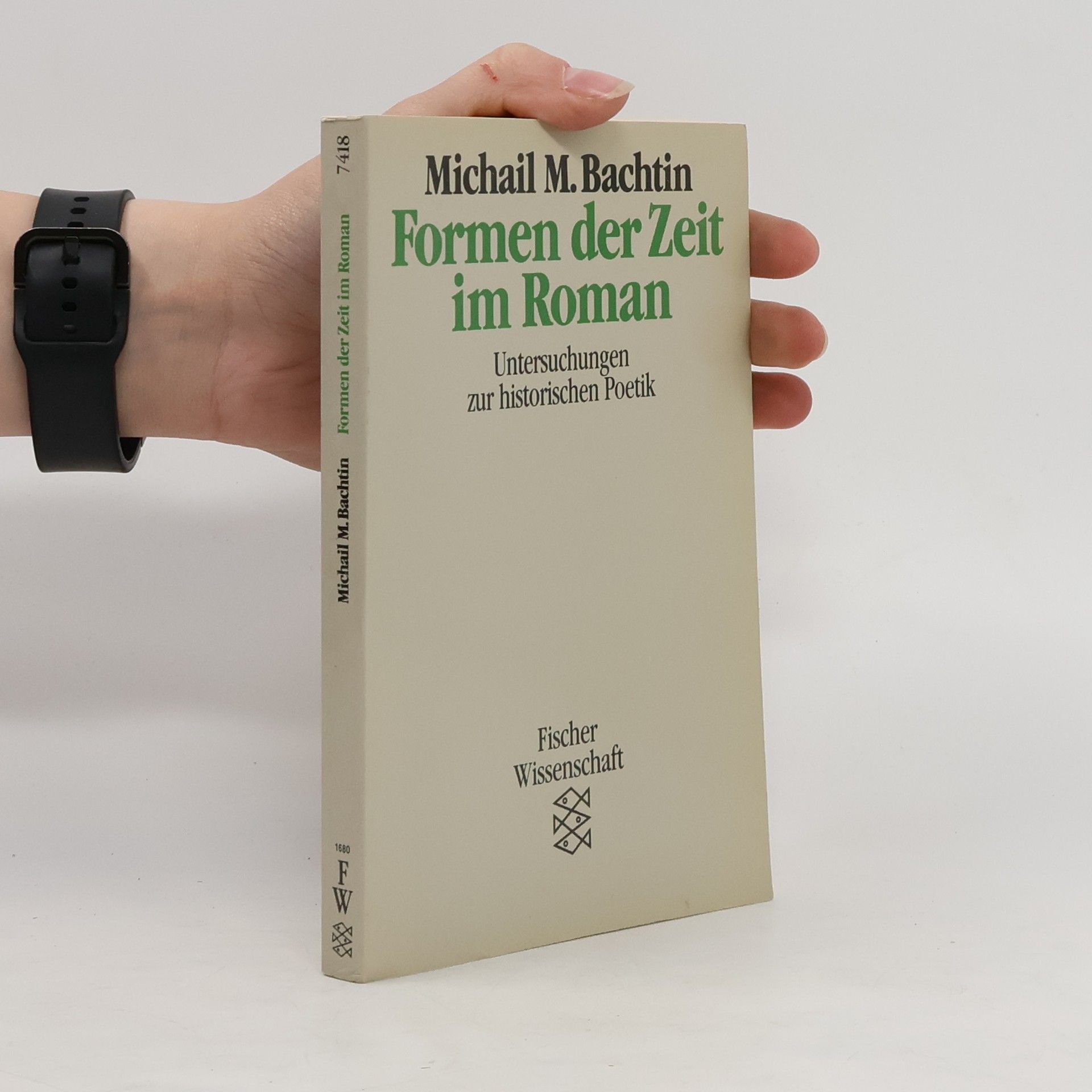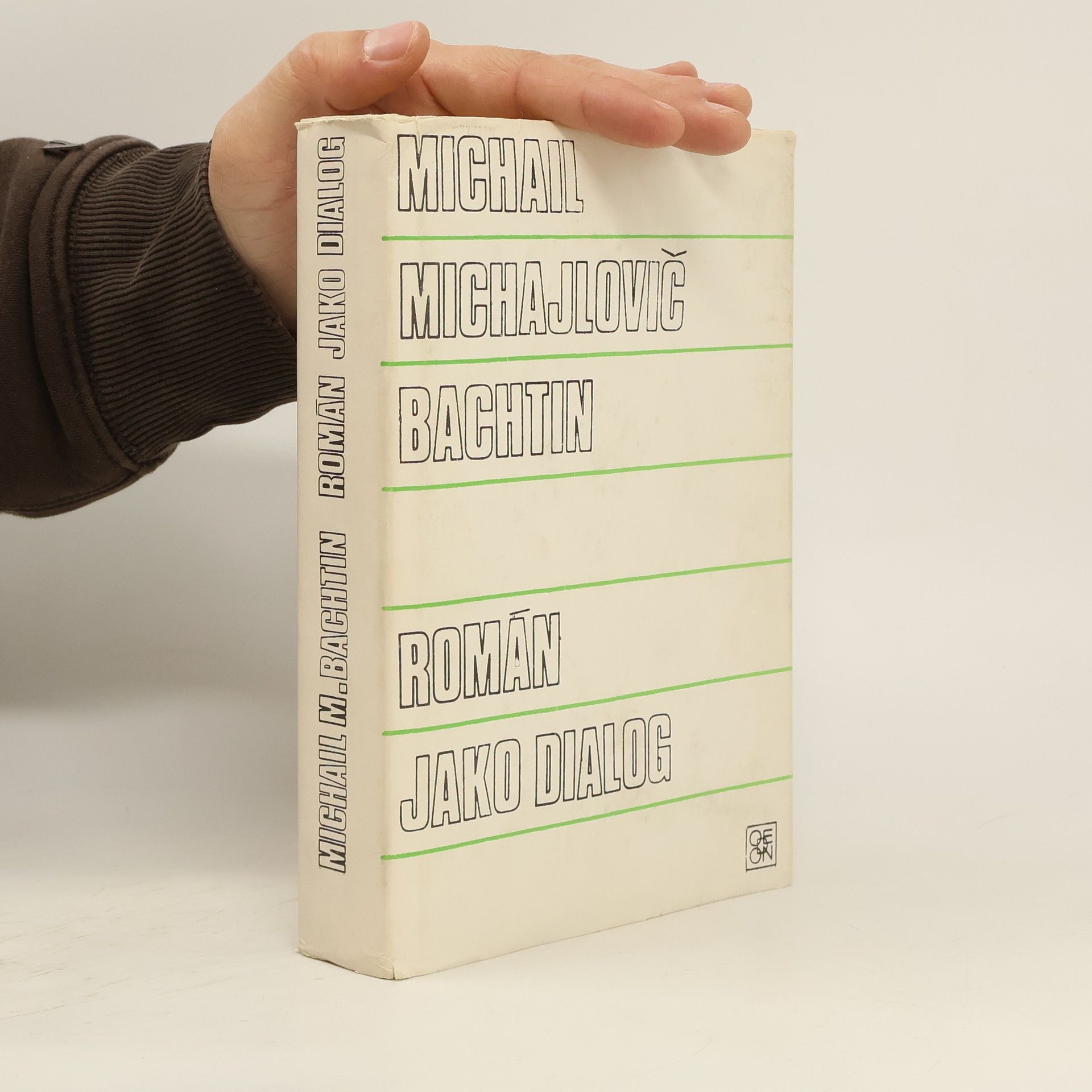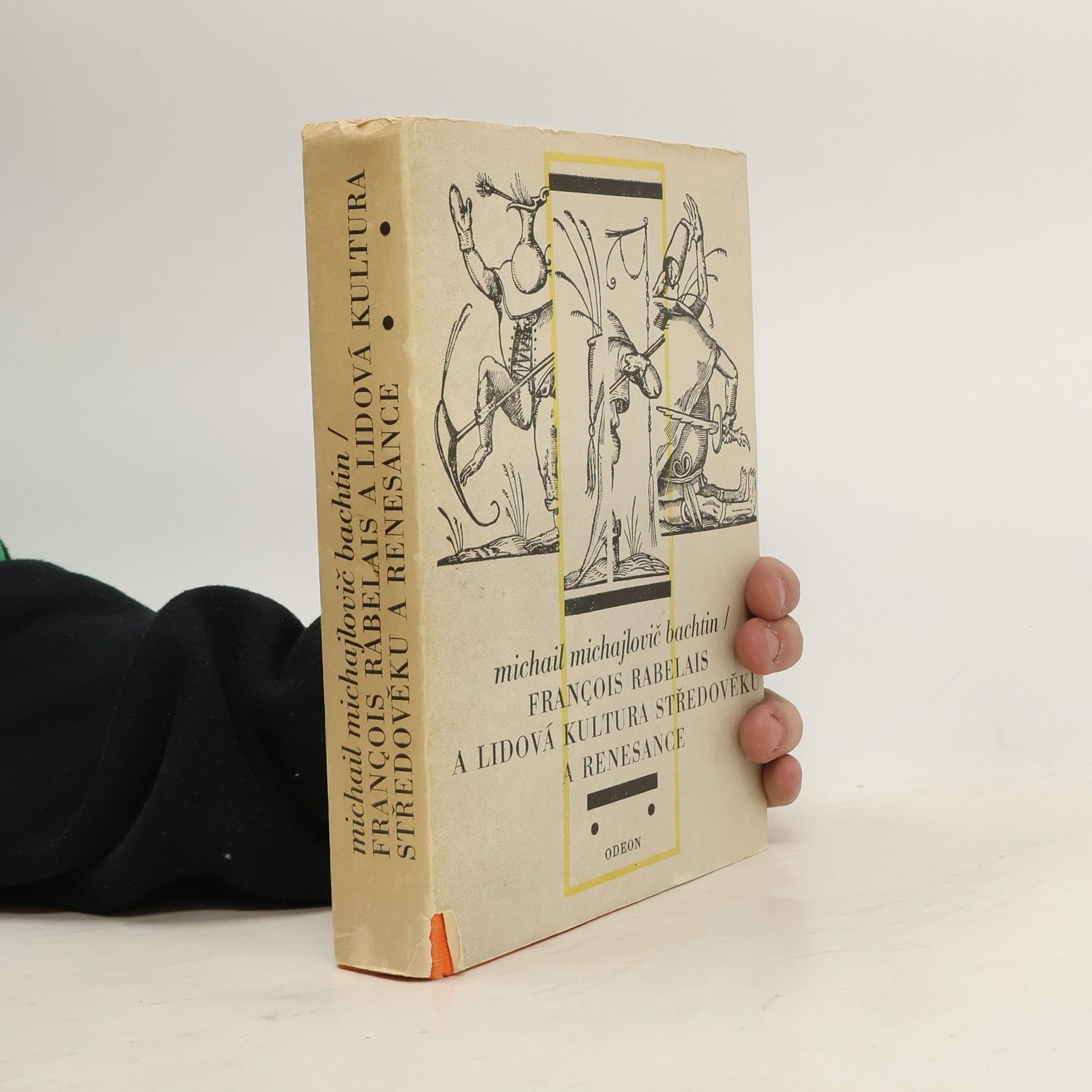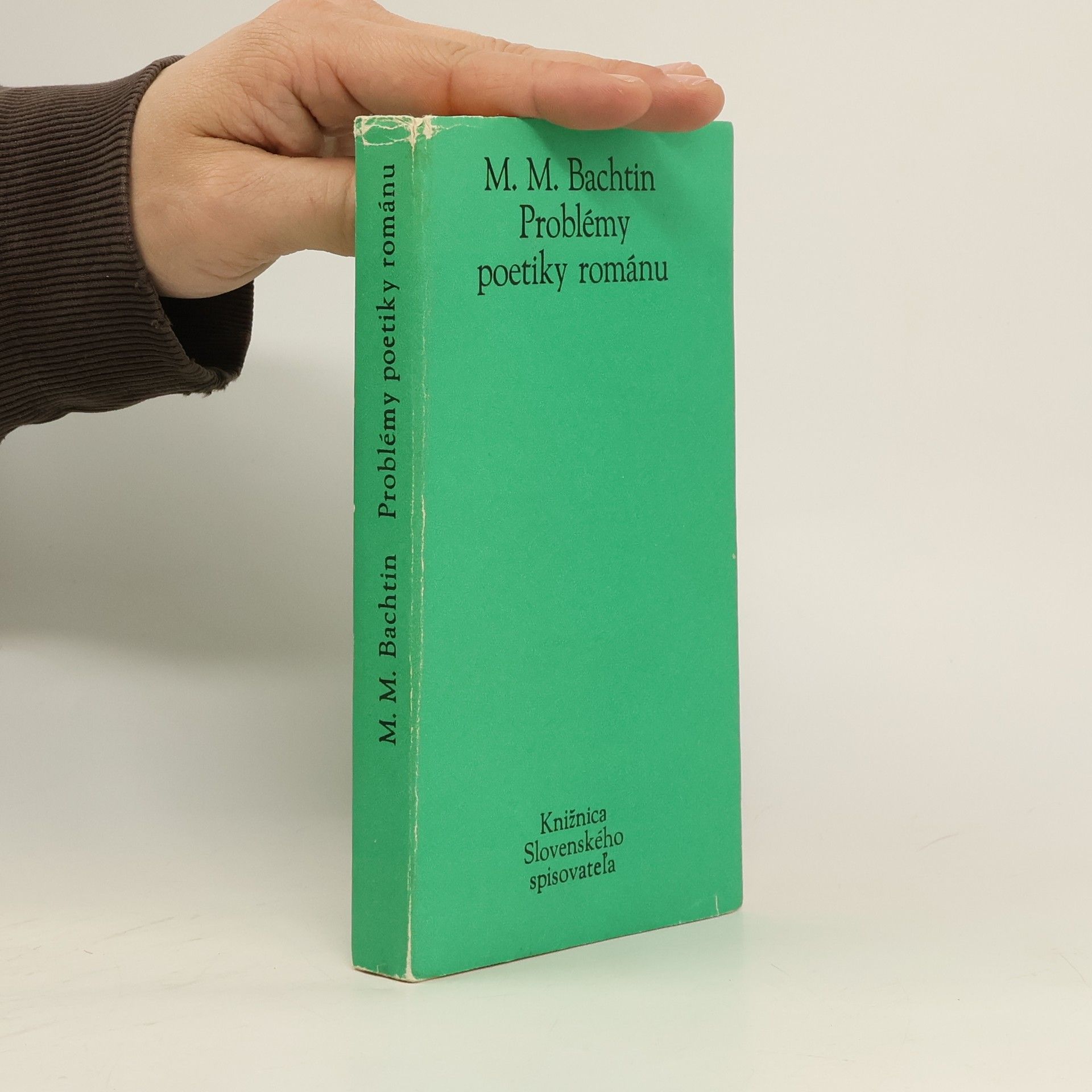Chronotopos
- 242 pages
- 9 hours of reading
Als Michail M. Bachtins 1973 beendeter Essay zum Chronotopos erstmals in deutscher Übersetzung erschien, stand die Bachtin-Rezeption hierzulande ganz im Zeichen von Karnevalismus, Polyphonie und Dialogizität. Der Vorschlag des Autors, die Kategorie des Raums in der Romananalyse stärker zu gewichten, stieß auf vergleichsweise geringes Interesse. Aus heutiger Perspektive erweist sich sein Hinweis auf die untrennbare Einheit von Raum und Zeit im Roman als früher Beitrag zu einer Theorieentwicklung, die gegenwärtig als der spatial turn diskutiert wird. Die Wiederauflage des vergriffenen Essays Formen der Zeit und des Chronotopos im Roman mit einem Nachwort, das Bachtins »Raumzeit« theoriegeschichtlich kontextualisiert, möchte Anschlußmöglichkeiten für die aktuellen Raumdebatten in den Geschichts-, Sozial- und Literaturwissenschaften eröffnen.

